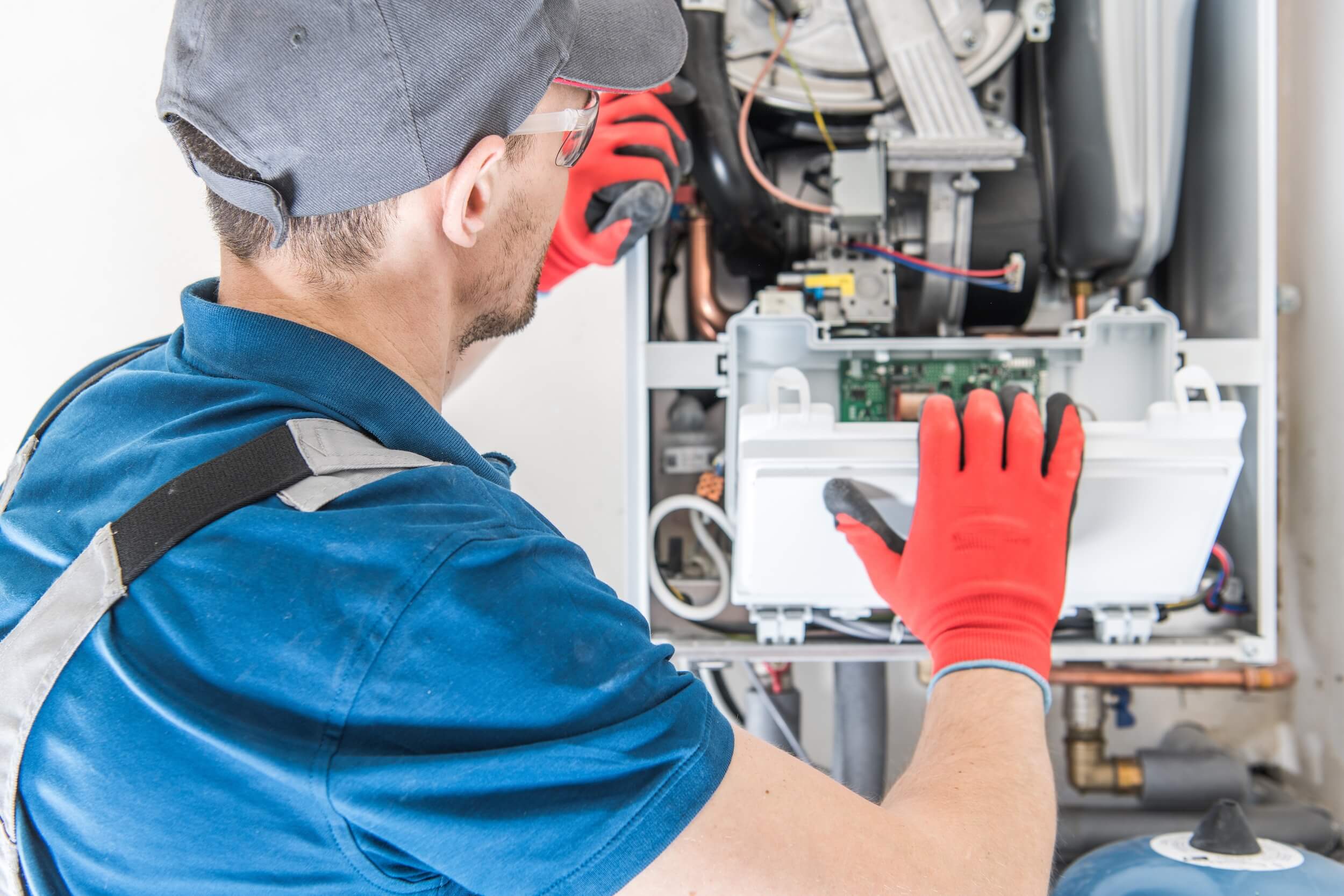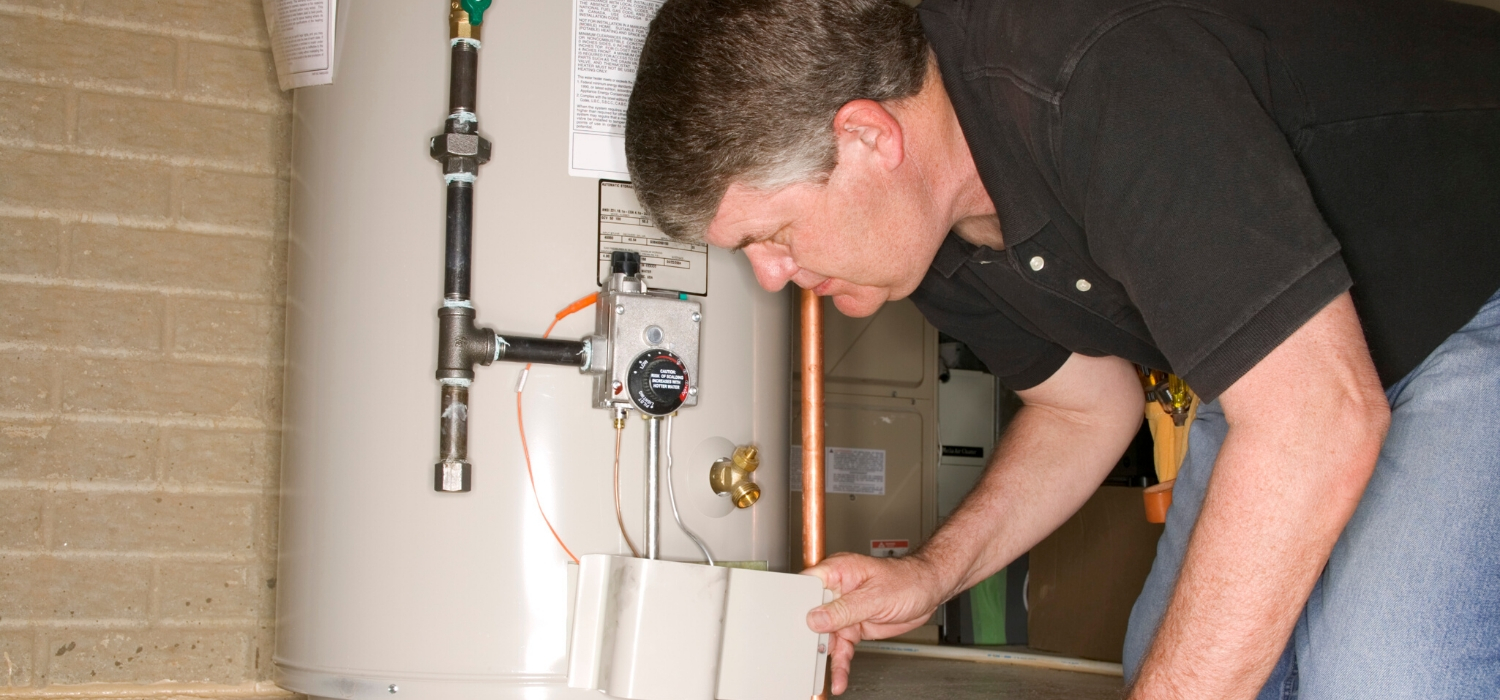Dealing with the Typical Water Heater Crisis Scenarios
Dealing with the Typical Water Heater Crisis Scenarios
Blog Article
How do you feel in regards to Warning Signs You Need Water Heater Repairs?

A hot water heater is one of one of the most essential standard home appliances that can be located in a home. With hot water heater, you don't need to experience the tension of heating water manually each time there is a requirement to wash, do the laundry, or the meals. Nonetheless, there is constantly an opportunity that your water heater would certainly break down just like the majority of mechanical devices.
It is very important to keep in mind any little malfunction and tackle it rapidly before points get out of hand. The majority of times, your water heater begins to malfunction when there is an accumulation of debris as a result of continual use. As a preventative measure, periodic flushing of your hot water heater is suggested to stop sediment build-up and stop useful failure.
Typical hot water heater emergencies and also just how to handle them
Leaking hot water heater tank.
A leaking storage tank could be an indicator of corrosion. It could cause damage to the floor, wall as well as electric tools around it. You can also go to threat of having your apartment flooded. In this situation, you must turn off your hot water heater, permit it to cool, as well as carefully search for the source of the issue. At times, all you require to do is to tighten up a few screws or pipe connections in cases of small leakages. However if this does not function and also the leak persists, you could require to utilize the solutions of a professional for an appropriate replacement.
Rising and fall water temperature level.
Your water heater might start creating water of various temperature levels normally ice cold or scalding hot. In this scenario, the first thing you do is to make sure that the temperature is readied to the desired degree. If after doing this, the water temperature level maintains altering during showers or various other activities, you could have a damaged thermostat. There might be a demand to replace either the thermostat or the heating device of your water heater.
Insufficient hot water
It might be that the water heating unit can't sustain the hot water need for your apartment. You might upgrade your water heating system to one with a larger ability.
Stained or stinky water
When this takes place, you need to know if the concern is from the container or the water source. If there is no amusing odor when you run chilly water, then you are certain that it is your water heating system that is damaged. The odiferous water can be triggered by rust or the buildup of germs or debris in the water heater container.
Final thought
Some homeowners overlook little caution and minor faults in their water heater unit. This just results in additional damages and a possible total malfunction of your device. You need to take care of your hot water heater faults as quickly as they come up to prevent even more costs and also unnecessary emergency difficulties.
With water heating systems, you don't require to go through the tension of home heating water manually every time there is a need to take a bathroom, do the laundry, or the recipes. Your water heating system might begin creating water of different temperature levels typically ice scalding or chilly warm. It may be that the water heating system can't sustain the hot water demand for your home. If there is no funny scent when you run cold water, then you are particular that it is your water heater that is malfunctioning. The odiferous water can be caused by rust or the buildup of bacteria or sediments in the water heating unit storage tank.
Common Water Heater Issues and What You Should Do
What Type of Water Heater Do You Have?
Before we begin it’s first important that you identify the type of water heater you have on your property. There are two main types of water heaters out there: conventional and high efficiency.
Both of these types of products typically use either gas or electricity to heat power. There are also solar water heaters that use a thermal collector on the roof or yard to heat the water.
While these models are not as common, they can cut heating costs in half. In this article, we will focus on conventional and high efficiency.
How Do My Electric and Gas Water Heater Work?
Though they look similar, electric and gas water heaters work very differently. It’s important to know their basic function because often problems can be specific to the heating source.
In the electric model, a thermostat on the side of the machine detects the temperature of the water in the tank. When the temperature needs to rise electricity flows to a heating element suspended in the water.
Gas models also use a thermostat device — typically with a mercury sensor at the tip and an additional sensor called a thermocouple. The thermocouple detects whether the pilot light is on and controls the flow of gas.
When the thermostat drops below the appropriate level gas is released which becomes ignited by the pilot light. The flame heats the bottom of the water tank which causes hot water to rise and cold water to drop.
This natural circulation continues until the water reaches the desired temperature. Then, the thermostat triggers the gas control valve to shut off the flow of gas.
What Are the Most Common Issues and How Do You Fix Them?
https://happyhiller.com/blog/common-water-heater-issues-and-what-you-should-do/

I was introduced to that article about Is Your Water Heater Leaking? from an acquaintance on another web property. Sharing is good. You just don't know, you will be doing someone a favor. Thanks for taking the time to read it.
Effective solutions available. Report this page